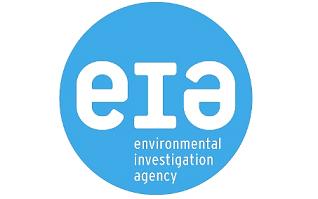
Environmentalists were up in arms after discovering advertisements for ivory on the Google Japan Shopping site. Google is now being accused of promoting the slaughter of endangered species including elephants and whales because of the thousands of ads appearing on the Japanese site. In a statement by Environmental Investigation Agency, a Non-profit campaigning group, Google’s policies were found to be good but despite the technology giants moral stance on the issue the Google Japan Shopping site had 1,400 ads for whale products and a shocking 10,000 ads for elephant ivory products. The Environmental Investigation Agency (EIA) claims that it had brought the matter to the attention of Google CEO Larry Page on February 22 in writing. The group had asked the technology leader to remove the ads immediately but had found the unethical ads still on the site after the request was made. Users can quickly find the ads if they search for “ivory” on the site.
According to the EIA demand by Japanese buyers of hanko, a name for ivory name seals, has caused the poaching of elephants in Africa to increase. The group claims that every year 35,000 animals are killed against the law for their body parts.
EIA’s Cetaceans Campaign head, Clare Perry, says that, “Google Japan Shopping is promoting the sale of a huge variety of products from threatened and endangered whale species. These range from endangered fin whales killed in Iceland to products taken from animals killed off Taiji, where the infamous dolphin kills featured in the Oscar-winning film The Cove take place. Google must immediately eliminate all such trade.”
Environmental Investigation Agency President, Allan Thornton, stated that, “Google has laudable policies that prohibit the promotion of endangered wildlife products including whale, dolphin and elephant ivory, but sadly these are not being enforced and that’s devastating for whales and elephants.” He went on to add that, “While elephants are being mass slaughtered across Africa to produce ivory trinkets, it is shocking to discover that Google, with the massive resources it has at its disposal, is failing to enforce its own policies designed to help protect endangered elephants and whales.”
The EIA’s discovery of the ads comes right before the Convention on International Trade in Endangered Species (CITES) that will take place in Thailand. The 178 countries taking part int he event will be looking to try and curb the growing evidence that demand from Asia is causing an increase in the killing of African elephants.
Source: The Register